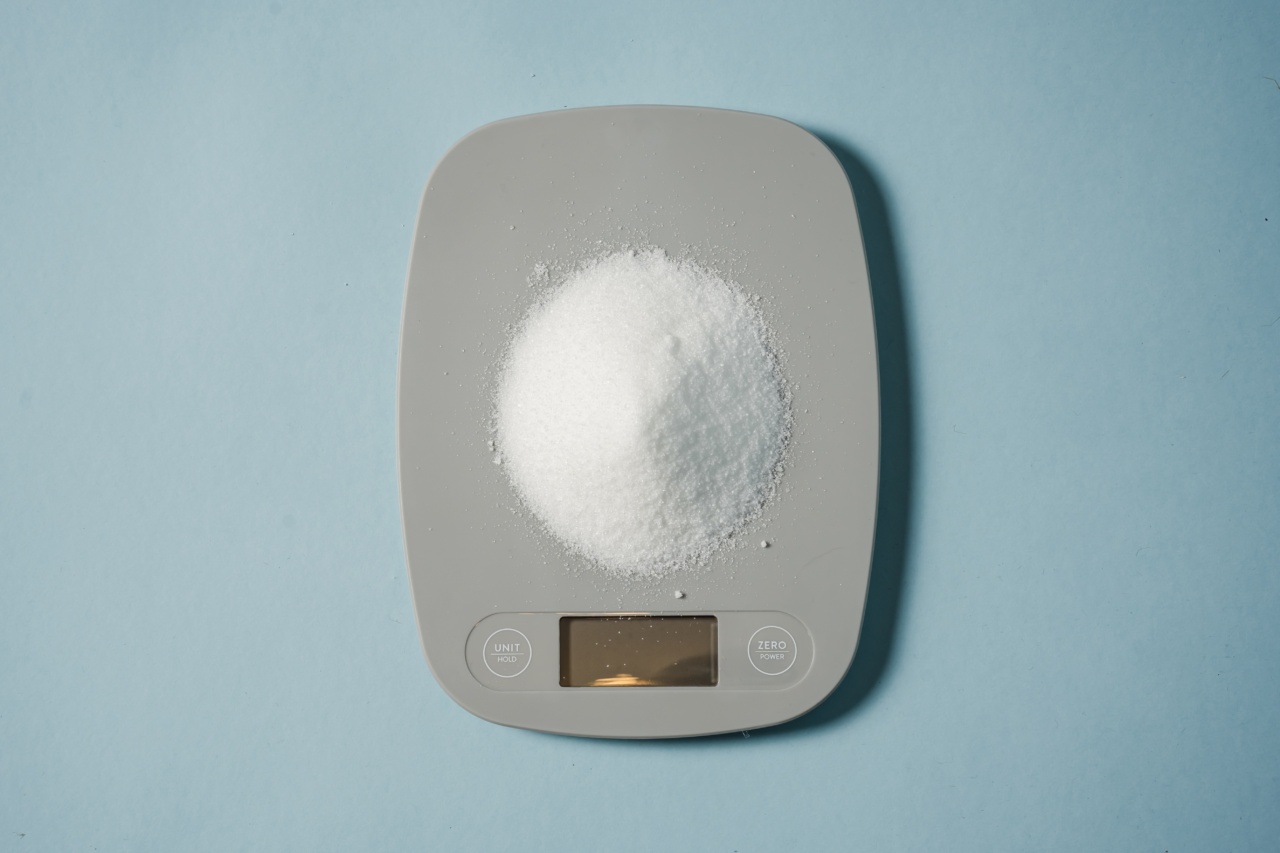Maintaining healthy sugar levels, managing lipids, and achieving a balanced weight are crucial for overall well-being and reducing the risk of various health conditions.
Making necessary lifestyle changes can significantly impact your health in positive ways. Here are the ten essential steps you must take to control your sugar, lipids, and weight:.
1. Watch Your Sugar Intake
Excessive sugar consumption can lead to weight gain, increase the risk of heart diseases, and affect insulin levels in the body. Limit your intake of processed foods, sugary beverages, and desserts.
Opt for natural sugars found in fruits, and choose healthier alternatives like honey or stevia.
2. Opt for Whole Grains
Replace refined grains with whole grains in your diet. Whole grains contain fiber and nutrients that can regulate blood sugar levels, lower cholesterol, and aid in weight management.
Include options like brown rice, quinoa, and whole wheat bread in your meals.
3. Control Portion Sizes
Be mindful of how much you eat. Portions that are too large can lead to overeating and weight gain. Use smaller plates, measure your food, and listen to your body’s hunger and fullness cues.
Moderating portion sizes allows you to enjoy a variety of foods while maintaining control.
4. Prioritize Protein
Incorporate protein-rich foods into your daily meals. Protein helps control hunger, stabilize blood sugar levels, and promote muscle growth and repair. Include lean meats, fish, eggs, legumes, and tofu in your diet.
5. Choose Healthy Fats
Avoid trans fats and saturated fats as they can raise cholesterol levels. Instead, focus on consuming monounsaturated and polyunsaturated fats found in avocados, nuts, seeds, and fatty fish. These fats protect the heart and support overall well-being.
6. Stay Hydrated
Drinking enough water is vital for maintaining good health. Water helps in digestion, flushes out toxins, and aids in weight management.
Replace sugary drinks with water or unsweetened beverages like herbal tea, and aim to drink at least 8 glasses of water per day.
7. Regular Physical Activity
Engage in regular physical activity to control your weight, manage blood sugar levels, and improve cardiovascular health.
Find activities you enjoy, such as walking, swimming, or dancing, and aim for at least 150 minutes of moderate-intensity exercise per week.
8. Manage Stress
Stress can impact your metabolism and make it harder to control sugar, lipids, and weight. Practice stress-management techniques like meditation, deep breathing exercises, or engaging in activities that help you relax.
Prioritize self-care and set aside time for activities you enjoy.
9. Get Sufficient Sleep
A good night’s sleep is essential for maintaining optimal health. Lack of sleep can disrupt hormone balance, increase cravings for unhealthy foods, and negatively impact weight management.
Aim for 7-9 hours of quality sleep each night to support your overall well-being.
10. Regular Health Check-ups
Regular health check-ups are crucial for monitoring sugar levels and lipid profiles.
Consult your healthcare provider to assess your overall health status, discuss any concerns, and receive professional guidance on managing and improving your sugar, lipids, and weight.





























